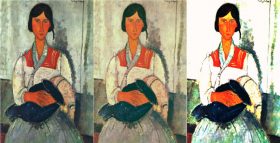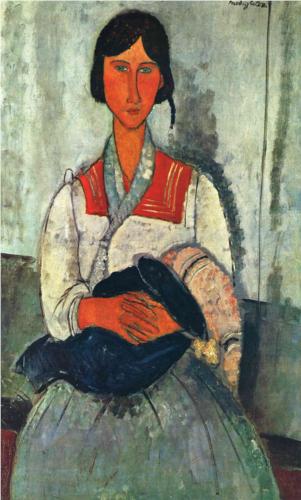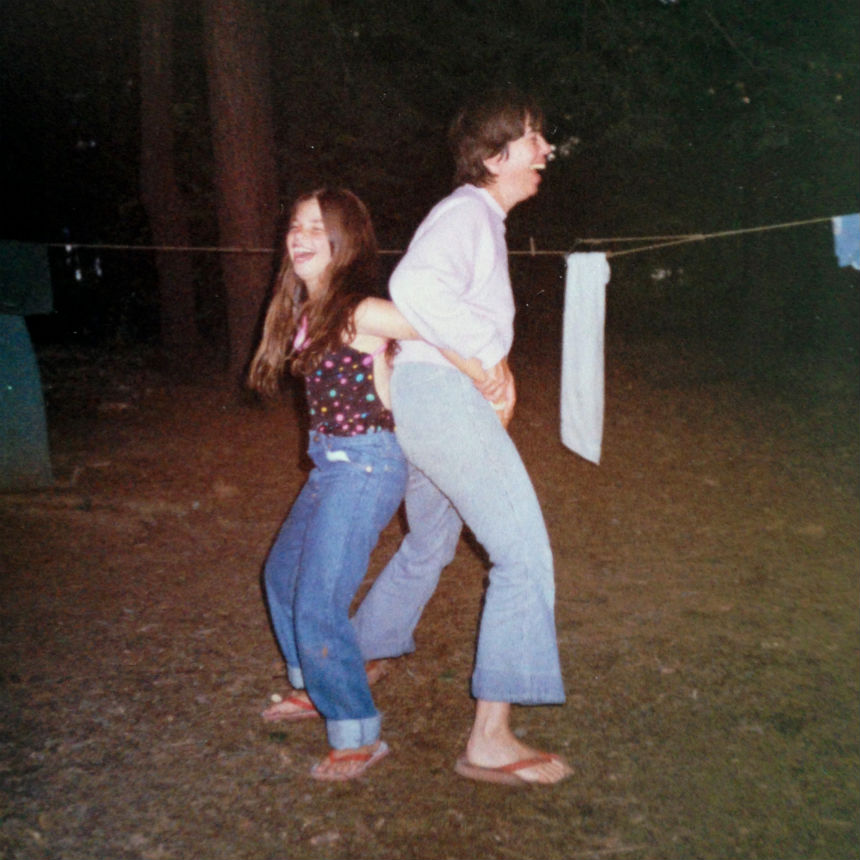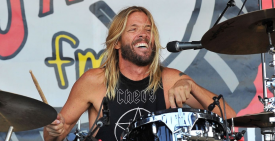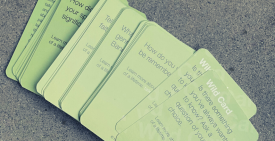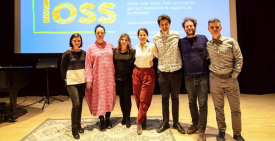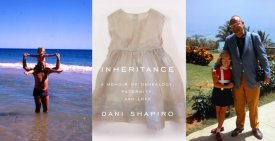This is my first Mother’s Day as a mother.
It’s also my first Mother’s Day as an unmothered mother. And for that matter, the first Mother’s Day I’ll have bothered to celebrate since 2006, when I last gave my mom, Shelby, a Hallmark card at a mid-May Bloody Mary brunch.
Granted, most of the time I have yet to actually feel like a mother, though my son, Noah, is four and a half months old. I’ve chalked it up to an astounding lack of sleep resulting in foggy memory recall, and to having given birth at the highly inadvisable time of mid-December, before an insulting winter trapped me at home for two months and delayed from such motherly rites of passage as schlepping a stroller onto the subway or discreetly changing a diaper in a restaurant corner.
But if I pay attention, the defining moments are there. In that pause in his crying when I hold him close. When I cross his line of vision at dawn, and through bleary eyes see his face light up with recognition. In the way he holds my pinky tight with his entire little hand. And, most tellingly, the day when I (the most paranoid public breast-feeder ever) finally lost my scruples and nursed him in the Empire Hotel lobby to calm him down.
In those moments, the enormity of my new role hits me — and triggers not only the overwhelming love I feel for this beautiful little creature, but also the ache (eventually dulled, now newly sharp) I feel for my beautiful dead mother, and that mix of anger and sadness knowing she and her grandson will never play peek-a-boo together. Or get to know each other when she comes to New York to help out, as my pediatrician suggested last week, asking if I was really sure she couldn’t when I said that wasn’t a possibility (yup, pretty sure about that).
My little emotional storm reached its zenith on Thursday evening, when I arrived at HBO for a screening of “The (Dead Mothers) Club” documentary. I was exhausted, skittish about the baby sleep training adventure later that evening, and trying to work through the excitement and fear I felt surrounding The Great Mother’s Day that approached.
Catharsis came in the unexpected form of Rosie O’Donnell, an executive producer of the film who lost her mother when she was 10 and now has five children of her own. I stuck my iPhone in front of her, activated the voice memo recording, and prepared to ask her all sorts of witty and insightful questions about the project.
Instead, I blurted out, “I’m in the club.”
Before I could feel properly mortified to have just made the interview about my mishegas, she asked to which exact club I paid membership dues. Mom and dad, I responded, and I have a baby.
“So you feel gypped.”
“Yes. I feel gypped.”
And I exhaled so loudly that it’s audible in my recording.
This simple exchange certainly didn’t resolve my issues. But it was a much-needed reminder that this whole mess of loss is exactly that — a mess — and that it’s ok to continue struggling with its long term permutations and combinations (Rosie also promised to send me a few helpful books, which obviously makes her awesome).
With that in mind, I invite you to read the astounding variety of mother-related loss essays we’ve run on the site. You certainly don’t have to be a mother to appreciate these brave stories. But in my case, I’ve felt a deeper level of empathy for them, and I’m so grateful to have them as touchstones whenever need be.
There are pieces guiding us through the delicate ecosystem of the nuclear family. Jennifer Richler is teaching her kids about her late mother. Lauren Jones has entered the brave new world of dating as a widowed mother of two very young children. Claire Bidwell Smith offered advice for parentless parents, which I (selfishly) asked if she’d be kind enough to write when I felt mild panic setting in a month before my due date.
There are stories of the promise of motherhood stolen away. Melissa Lafsky Wall gives a candid account of what miscarriage really feels like. Nicole Stewart writes about her post 20-week abortion in Texas, the same week Wendy Davis was fighting to retain those rights. Tova Ross picks apart her mixed feelings about January, the month she was both supposed to give birth to the child whose pregnancy she had to terminate and later gave birth to a healthy daughter.
There are complex mother losses. The ones filled with “what ifs,” such as Deborah Jiang-Stein’s story about being born to — and whisked away from — an incarcerated addict who died before she got to know her.
And then there are the mothers dealing with the seemingly undealable: the loss of a child. Elea Acheson took a bicycle pilgrimage to work through the grief of losing her son, Vasu. Emily Rapp considered her new chapter of motherhood on the bittersweet eve of giving birth to a baby girl a year after losing her beloved son to Tay-Sachs.
Finally, there are the maternal bonds we have with mother figures whose bodies we didn’t exit, such as Catie Lazarus’s deep relationship with her nanny, Tina, who passed away in 2009.
One last thought. If you’re one of those unicorns who hasn’t been affected by some variation of mother loss and are struggling for how to support a friend who has, read our shockingly simple tips on how to be a mindful listener … because most of the time, all we need is someone to hear our story.
Though it doesn’t hurt to buy a round of Bloody Marys and pick up the brunch tab.

